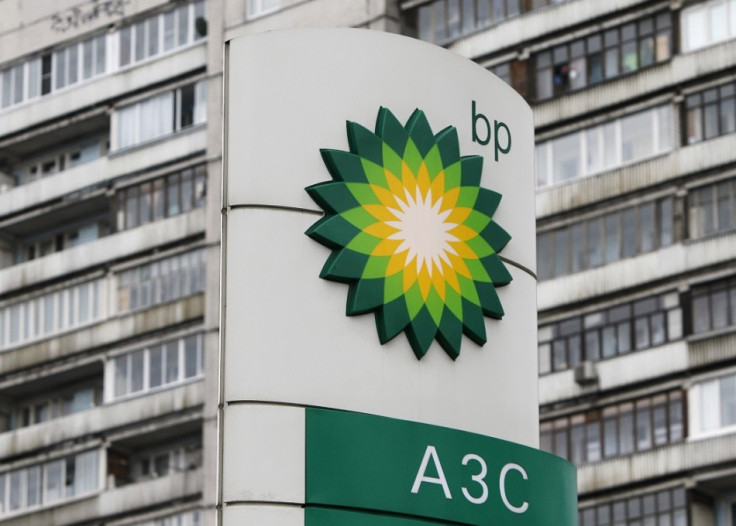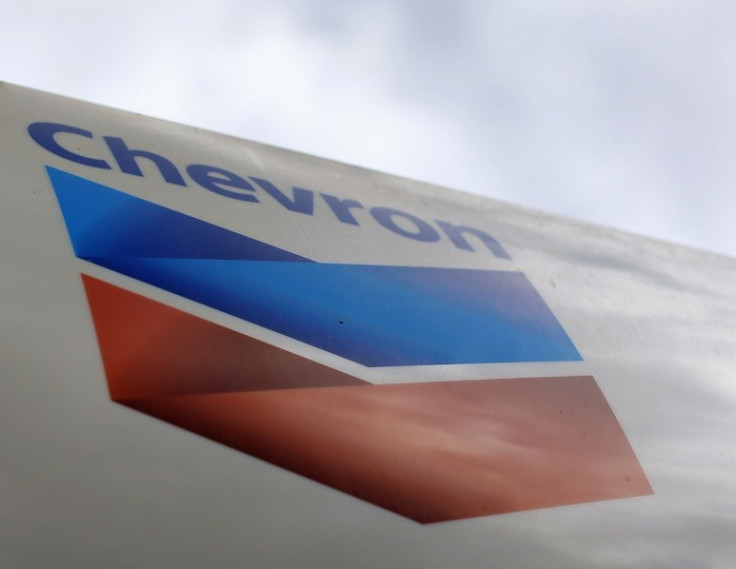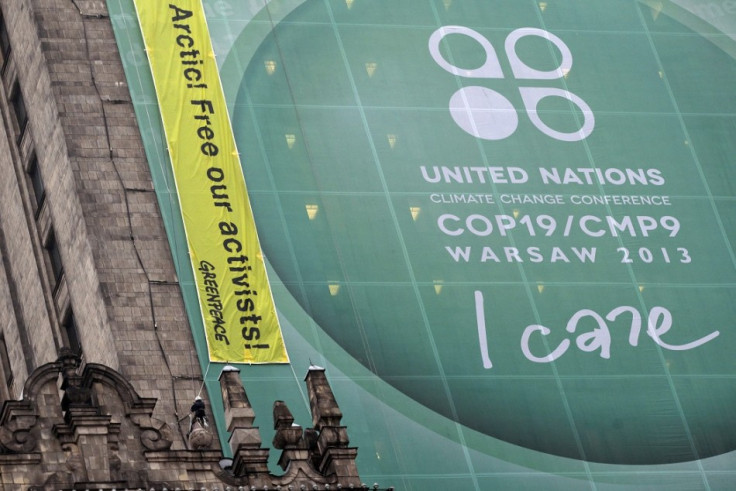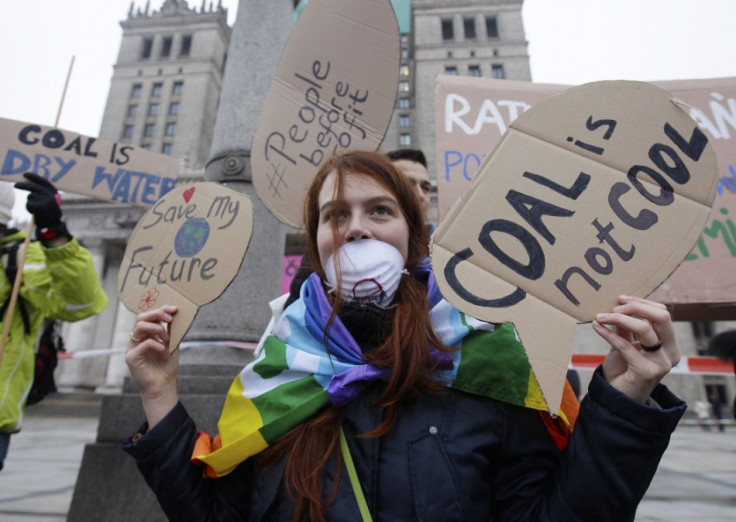Chevron and BP Among 90 Companies Responsible for 63% of Greenhouse Gas Emissions

Chevron, BP and Royal Dutch Shell are among the 90 companies that have produced almost two-thirds of greenhouse gas emissions since the 1850s.
A report published in the journal Climatic Change looked at companies' responsibility for the manmade greenhouse gas emissions that cause climate change, measured by percentage.
Findings showed that Chevron produced the most CO2 & CH4, emitting 3.52% of the global total output dating back to 1854.
Other companies in the top 20 included BP, which produces 2.47%, Royal Dutch Shell (2.12%), Total (0.82%) and Coal India (1.07%). In total, 90 companies accounted for 63% of emissions.
Richard Heede, author of the report, said: "The analysis presented here focuses attention on the commercial and state-owned entities responsible for producing the fossil fuels and cement that are the primary sources of anthropogenic greenhouse gases that are driving and will continue to drive climate change.

"The results show that nearly two-thirds of historic carbon dioxide and methane emissions can be attributed to 90 entities."
Heede said the companies identified in the report "hold the key to future fossil fuel production and emissions, and thus arguably, the future of the planetary climate system".
He notes that if the 2050 global target for curbing emissions is to be reached, these companies must be involved, as they are largely in control of the world's fossil fuel reserves.
"Redoubling international efforts to secure an effective climate agreement will likely prove insufficient unless some means can be found to involve the carbon majors in the effort to keep their reserves in the ground or commensurate efforts to prevent or offset their emission to the atmosphere," he wrote.
Concluding, he added: "Shifting the perspective from nation-states to corporate entities - both investor-owned and state-owned companies - opens new opportunities for those entities to become part of the solution rather than passive [and profitable] bystanders to continued climate disruption."

"Social pressures may be brought to bear on investor-owned entities, which could work as an additional lever to push action to reduce greenhouse gas emissions or removing CO2 from the atmosphere ... Identifying who the major carbon producers are, and have been historically, may provide a useful basis for future social and legal pressure."
The report follows UN climate talks in Warsaw, where world leaders met to discuss global warming. The meeting has been criticised for lacking ambition and progressing slowly to such an extent that green groups including Greenpeace, WWF and Oxfam have walked out.
Around 8,000 people handed back their registration badges to the UN and left. "Movements representing people from every corner of the Earth have decided that the best use of our time is to voluntarily withdraw from the Warsaw climate talks," a spokesman for the WWF said.

"This will be the first time ever that there has been a mass withdrawal from a COP.
"Warsaw, which should have been an important step in the just transition to a sustainable future, is on track to deliver virtually nothing. We feel that governments have given up on the process."
UN talks have largely focused on what countries are to blame for greenhouse gas emissions and vice president Al Gore told the Guardian that Heede's report must be taken into account if emission reduction goals are to be met.
"This study is a crucial step forward in our understanding of the evolution of the climate crisis. The public and private sectors alike must do what is necessary to stop global warming. Those who are historically responsible for polluting our atmosphere have a clear obligation to be part of the solution."
© Copyright IBTimes 2025. All rights reserved.






















